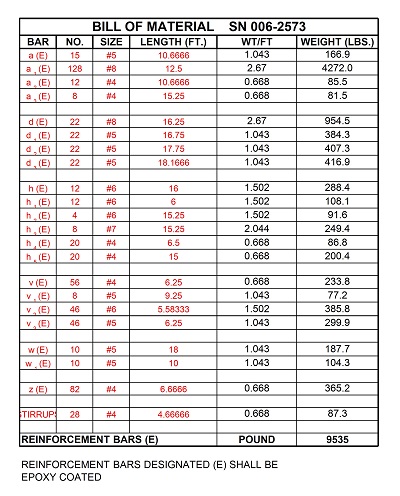
Creating a list of necessary materials for a project can quickly become overwhelming. That’s where a material list template can come in handy. This template allows you to streamline the process and avoid forgetting essential materials. With a template, you can easily organize and categorize items, track quantities needed, and even include pricing information.
Table of Contents
Plus, having a material list template readily available can save you time and stress, allowing you to focus on the task at hand. Whether a professional contractor or a DIY enthusiast, utilizing a material list template can help your projects run smoothly.

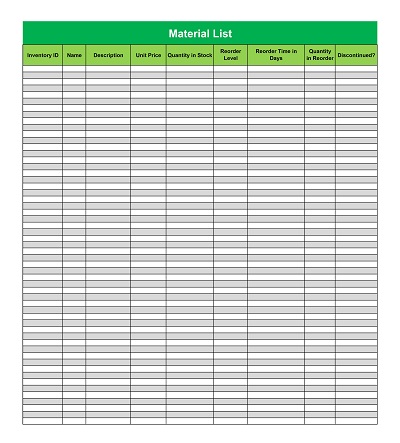
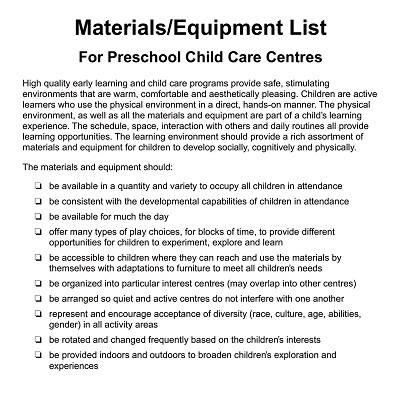
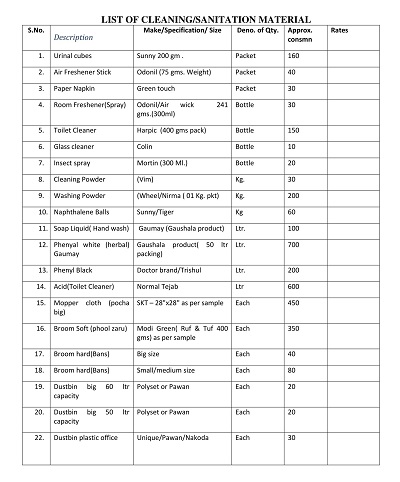
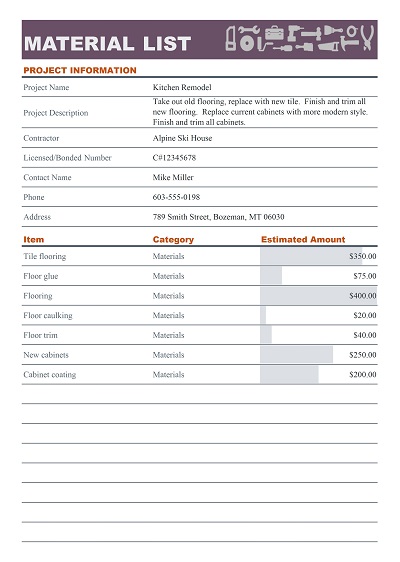
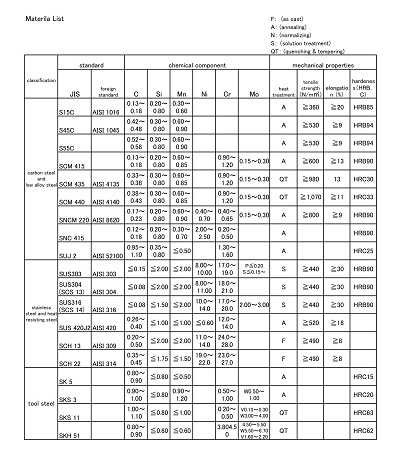
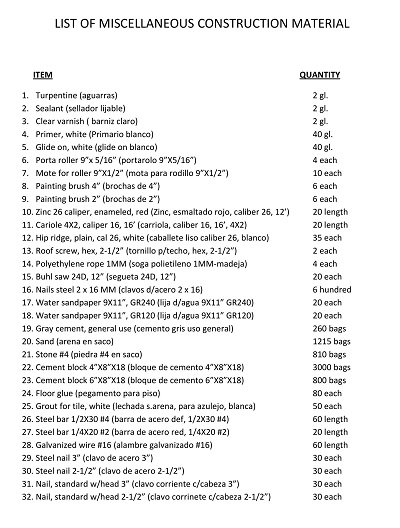
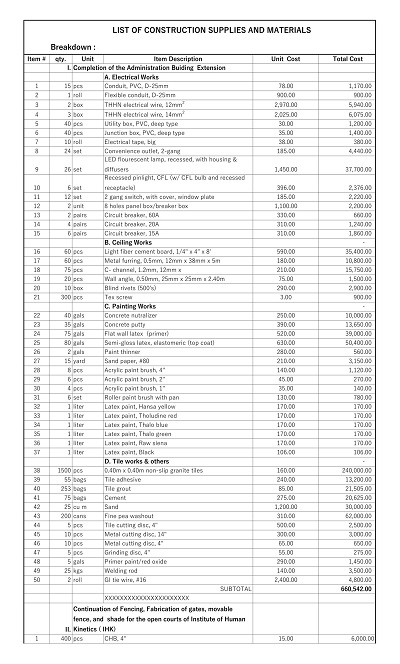
A material list is an essential component of any construction project. It outlines all of the necessary materials and quantities needed to build a structure. Every aspect of the project is accounted for, from the foundation to the roof, to ensure a smooth and efficient construction process.
The material list is designed to provide contractors and builders with an accurate inventory of required materials, ensuring they have everything they’ll need for the job. With a comprehensive material list, everyone involved in the construction project can work together and stay organized, resulting in a successful and timely completion.
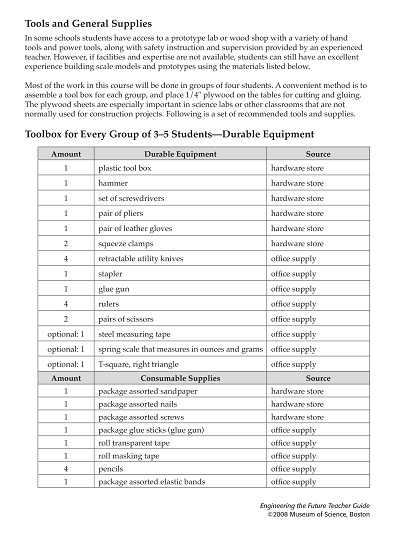
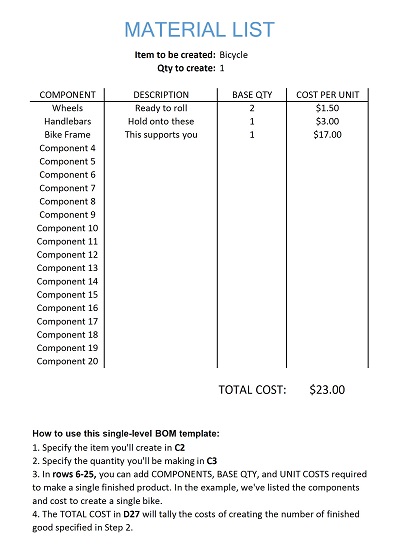
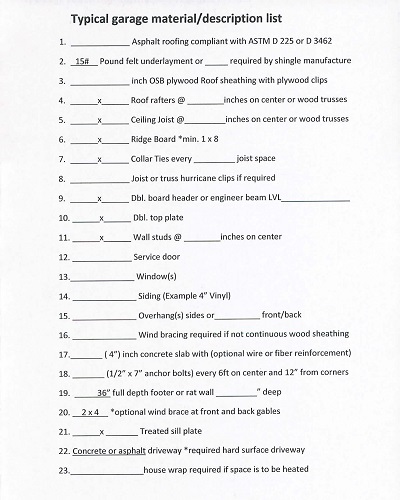
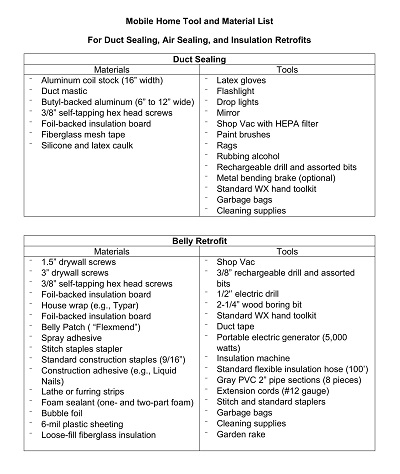
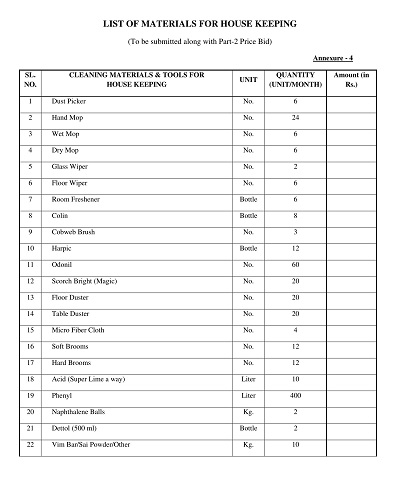
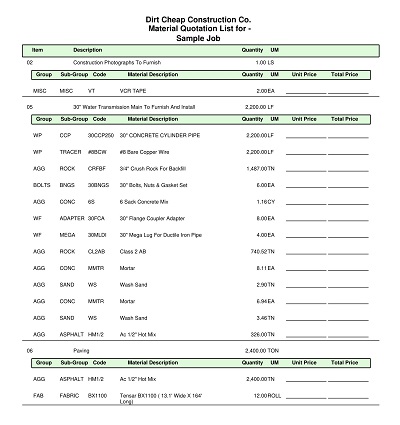
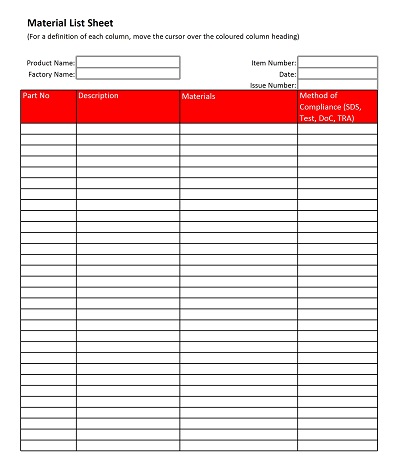
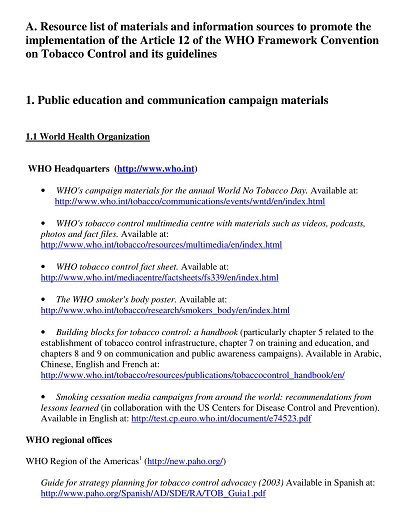
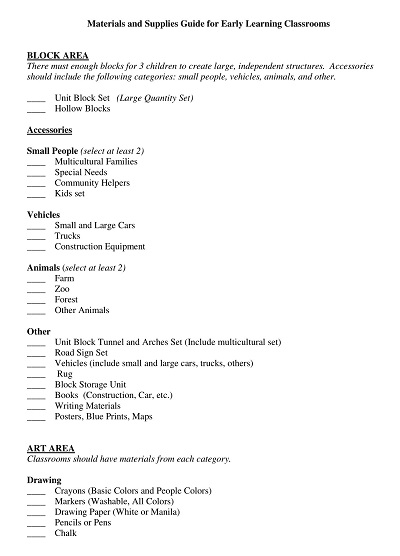
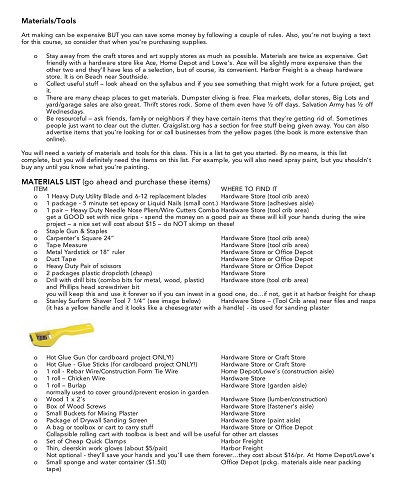 Materials and Tools List Template" width="400" height="485" />
Materials and Tools List Template" width="400" height="485" />
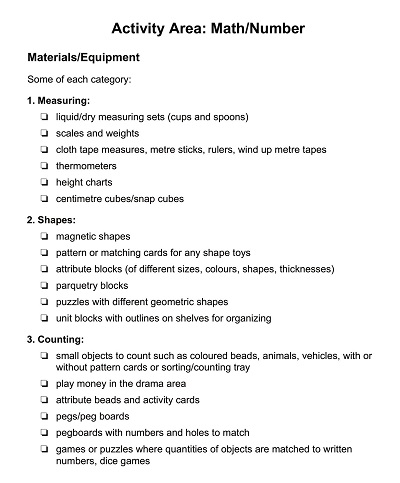
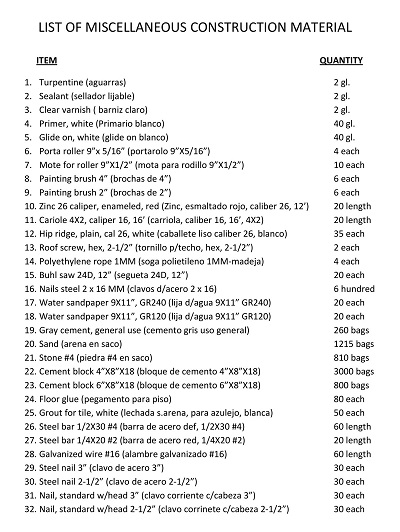
When tackling any kind of project, whether building a fort or renovating a house, the importance of having a material list cannot be stressed enough. A material list essentially serves as a detailed and organized inventory of all the items and supplies needed to complete a job, helping you stay on task and within budget.
Without one, it’s easy to overlook essential components or purchase unnecessary items, resulting in costly delays and mistakes. By taking the time to create a material list carefully, you’ll save time and money and have a clear and concise roadmap of exactly what you need to do to complete your project successfully.
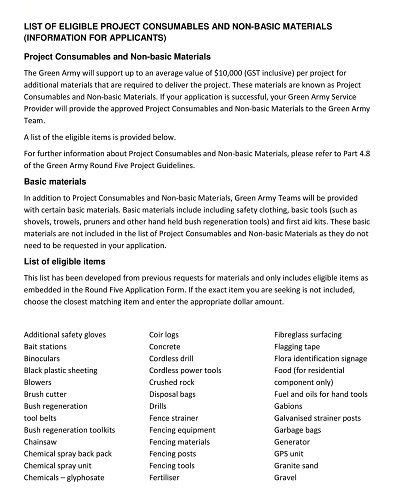
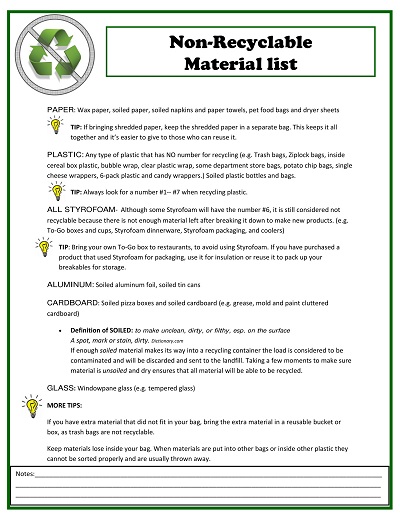
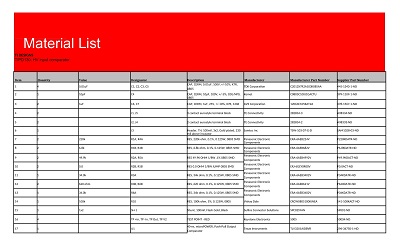
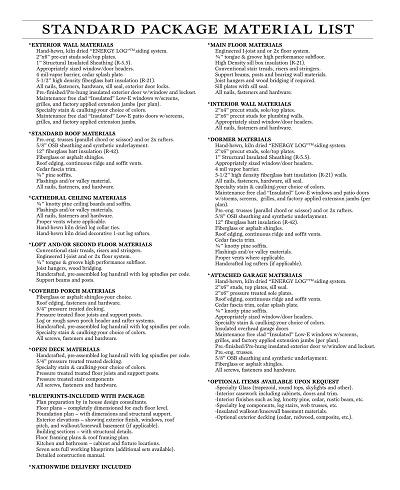
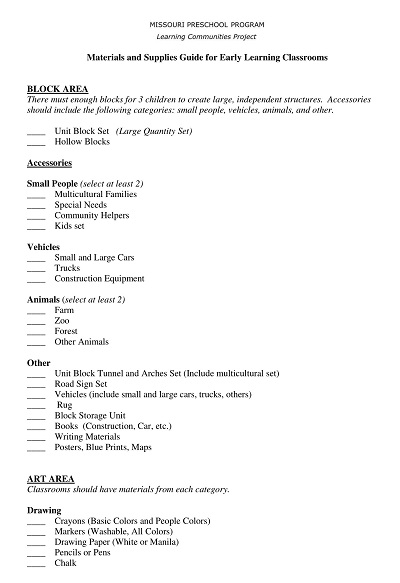
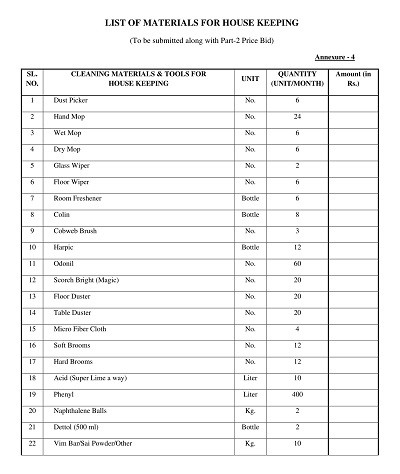
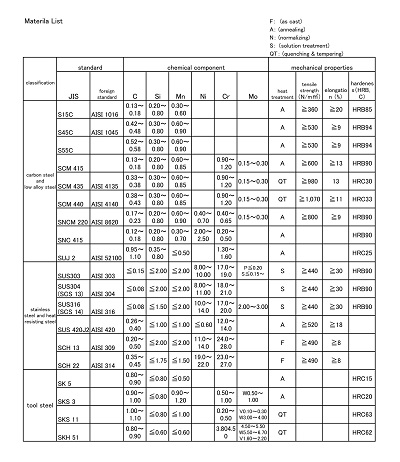
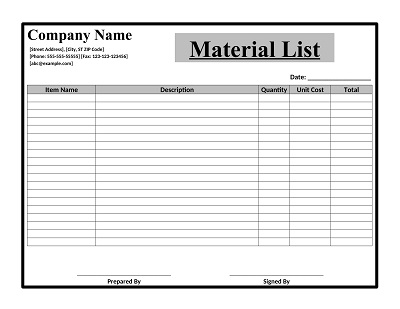
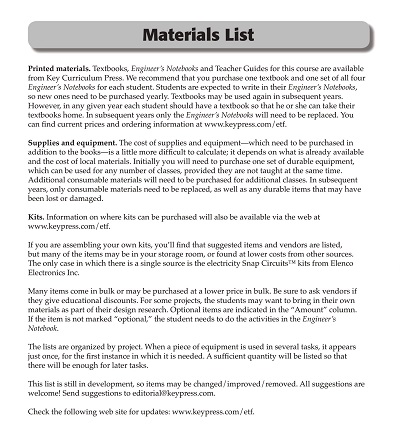
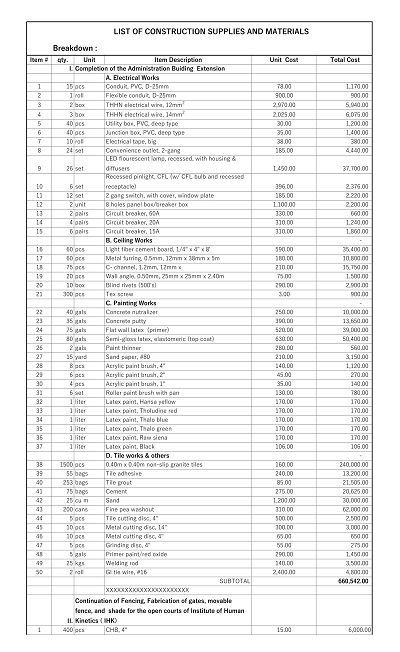
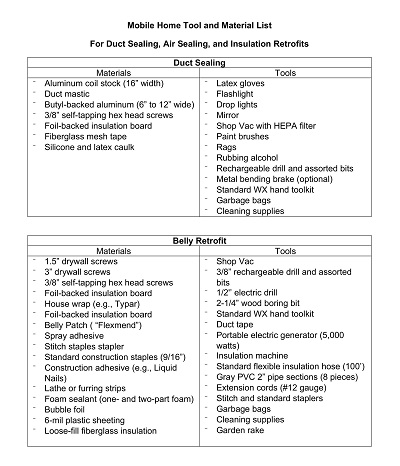
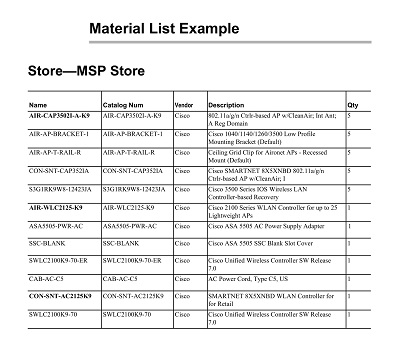
Having an accurate and comprehensive material list is essential when planning a construction project. A typical material list contains crucial information, such as the type and quantity of materials needed for the project. It may include the cost of each material and the total cost of all materials required.
The material list may also include specifications such as the sizes and dimensions of the components needed to ensure they fit and function correctly. Other critical details may include color options, warranty details, and special instructions when using the materials. The construction project can run smoothly with a reliable and detailed material list, and the final product will meet expectations.
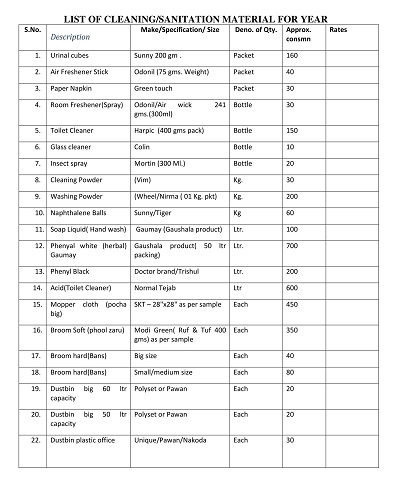
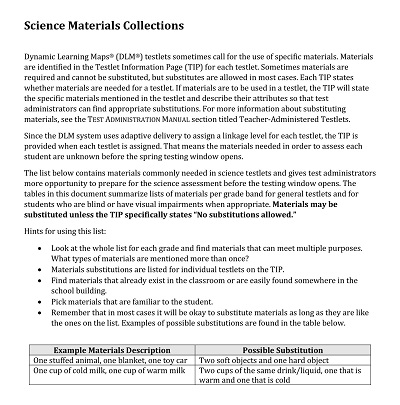
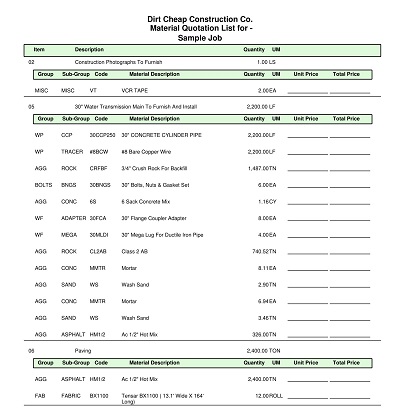
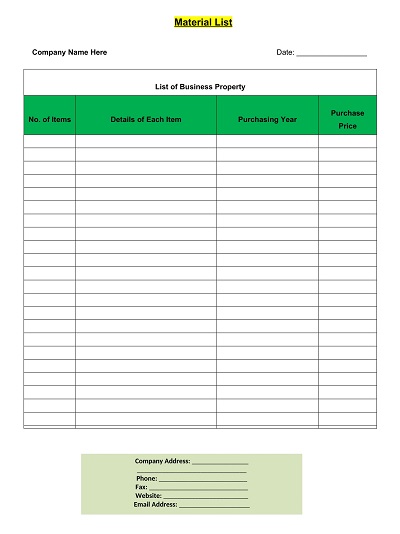
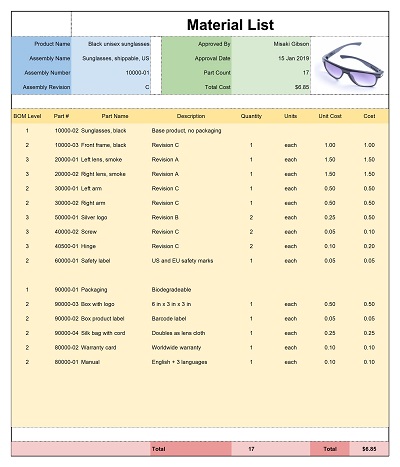
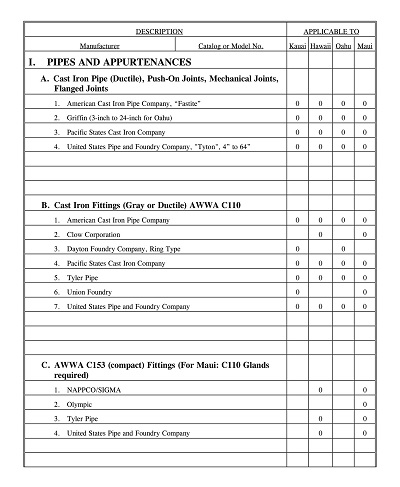
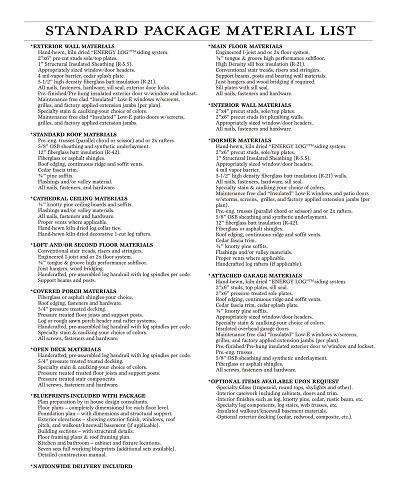
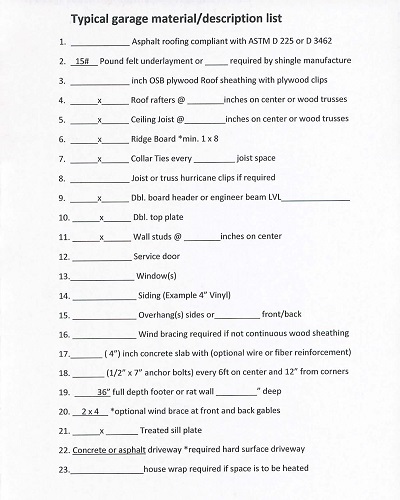
As any seasoned DIYer will tell you, preparation is key when tackling a home improvement project. One of the most important aspects of preparation is having a detailed material list. Not only does a material list ensure that you have all the necessary supplies before you start, but it also helps you avoid costly and time-consuming mid-project trips to the hardware store. So, who needs a material list?
Anyone who wants to save themselves the headache and frustration of discovering they’re missing a critical component halfway through their DIY endeavor. Trust us, creating a thorough material list is well worth the effort in the long run.
When planning and managing project materials, many factors must be considered. From determining what materials are necessary to tracking inventory and ordering new supplies, plenty of work goes into ensuring everything runs smoothly. The good news is that tackling these tasks can be made much more straightforward with a comprehensive guide.
By breaking down the process step by step and providing tips on staying organized and efficient, this guide is the perfect resource for anyone navigating project materials management successfully. Whether you’re a seasoned project manager or someone new to the field, this guide will provide valuable insights and tools to help you succeed.
In any construction project, keeping track of the materials needed and used is crucial for a successful outcome. Using a material list template can help you stay organized and avoid costly mistakes due to shortages or overbuying. Here are some steps for creating your own material list template that you can customize for any project.
The first step in creating a material list template is determining the categories and subcategories needed for your project. For example, categories could be electrical, plumbing, drywall, and roofing. You can have subcategories within each category, such as light fixtures, outlets, pipes, and valves. Make sure to tailor your categories to the specific needs of your project.
Now that you have your categories and subcategories, it’s time to create a spreadsheet. Use a program such as Microsoft Excel or Google Sheets to create a table with clear rows and columns. The first column should be the category name, and the subcategories should be placed in the subsequent columns. The remaining columns will be used for the material description, quantity, unit of measurement, and unit cost.
With your spreadsheet ready, you can start inputting the data. Begin by listing all the materials required for your project, their corresponding quantity, unit of measurement, and unit cost. Double-check your calculations to avoid any errors that could cause budget setbacks.
To keep track of your project’s expenses, adding a total cost column to your material list template is essential. Use a simple formula to calculate the subtotal by multiplying the quantity by the unit cost for each material, then adding up all the subtotals for a grand total of material costs.
Once you’ve created your material list template, save it for future use and tailor it to the needs of your specific project. Customizations could include adding or removing categories or subcategories, renaming columns for clarity, and changing the font or color scheme.
How useful was this post?
Click on a star to rate it!
Average rating / 5. Vote count:
No votes so far! Be the first to rate this post.